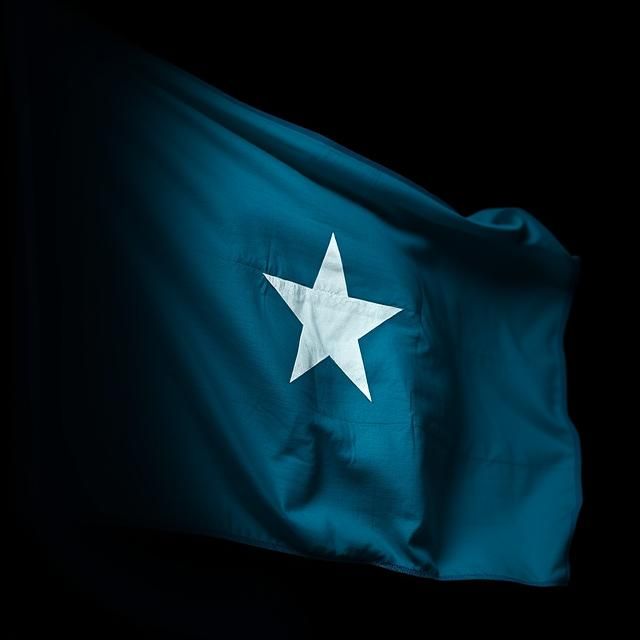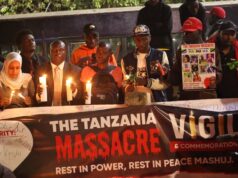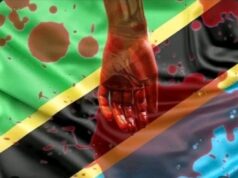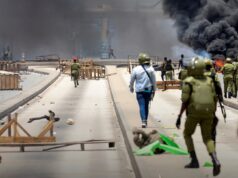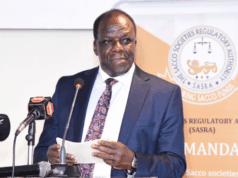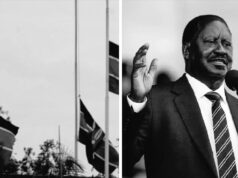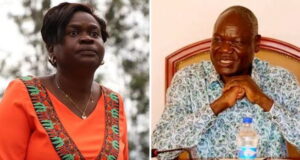Nationalism is sweeping across the world, rekindling pride and fueling movements of identity and belonging. Yet one of the most paradoxical nations in this wave is the Somali nation, a people who have managed to conquer the diaspora but not their own homeland.
In almost every part of the globe, Somali communities are visible, vibrant, and thriving. They form strong business networks, social clusters, and cultural communities that remain tightly bound together by language, religion, and identity.
The irony, however, is that while Somalis unite easily outside their borders, the same spirit of unity seems to evaporate within Somalia itself.
Wherever they go, Somalis build nations within nations. From Nairobi to Minneapolis, from Addis Ababa to London, their enclaves demonstrate resilience and enterprise.
They dominate entire markets, control trade routes, and maintain a distinctive way of life that resists erosion by foreign cultures. Yet within Somalia, efforts to build a cohesive nation have repeatedly stumbled.
Clan rivalries, political instability, and external interference have kept Somalia fragile and divided. Unity, which flourishes abroad, becomes elusive at home.
Somalis are renowned for their business acumen and survival instincts. Adversity has taught them to adapt and succeed even in hostile environments. Their footprint across Kenya and Ethiopia is unmistakable, although these two neighbors bear the brunt of proximity.
In Nairobi, Eastleigh has become a model of Somali enterprise, turning from a sleepy residential suburb into one of the busiest commercial hubs in East Africa.
Ethiopia too feels the weight of Somali presence along its border regions. Djibouti, ironically their closest kin, admits far fewer Somalis, preferring to shield itself from the overwhelming pull of its larger neighbor.
The result is a portrait of a people in perpetual struggle, trying to preserve a pure identity while at the same time grappling with the forces of urbanization, modernity, and globalization.
Despite these contradictions, Somali contributions in Kenya and the wider region cannot be ignored. Their patriotism has manifested in ways that have shaped the Kenyan state.
From decorated officers in the Kenya Defense Forces to distinguished Cabinet Secretaries and heads of the National Intelligence Service, Somalis have served this nation with loyalty and excellence.
They have enjoyed trust, opportunity, and acceptance. But acceptance also carries responsibility.
The recent display at Nyayo Stadium, where a section of Somali youth was seen showing disrespect to the Kenyan flag, raised troubling questions. That flag is not just cloth on a pole.
It is the emblem that gave them refuge when they fled persecution, the symbol of a Constitution that protects them and gives them freedom, dignity, and opportunity.
To dishonor it is to insult the very hand that has shielded and empowered them. Isolated acts of defiance must be called out, and bad elements separated from the larger community.
At its core, the Somali nation is wrestling with a deeper question: where does loyalty lie? With Somalia, a country still battling internal strife, or with the East African Community where Somalis are fully integrated and contributing members? This is not simply a political question but a matter of identity.
A generation of Somali youth born and raised outside Somalia knows little of their ancestral homeland. Their identity is Kenyan, Ethiopian, Ugandan, or American, yet their parents still cling to the dream of Somalia.
The tension between belonging and origin is the heart of their crisis.
Like the Jews before the establishment of Israel, Somalis are scattered across the world. Their unity in diaspora is striking, but the call to consolidate and build one strong nation remains unfulfilled.
The time has come for introspection. Will Somalis continue to thrive everywhere except in Somalia, or will they finally overcome internal fractures and build a home worthy of their resilience?


